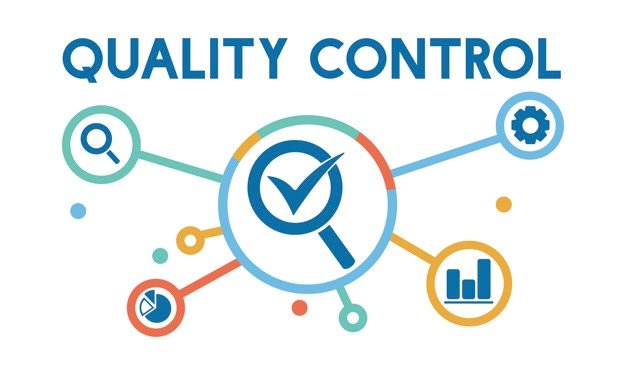Background Checks You Should Do During Recruitment
by Abdul Aziz Mondal Business Security Systems Published on: 05 January 2021 Last Updated on: 16 October 2024

Doing background checks during recruitment is not even negotiable. It protects the company from many headaches in the future caused by liabilities, incompetence, and even threats to other employees and clients’ security.
By having the right screening procedures and policies, there is a lot for an organization to benefit, ranging from productivity, security, and employee retention, to mention a few. If you are yet to conduct employee screening during recruitment in your organization, some of the common tests employers do to ensure that hires fit the roles. Find here the best background check services.
1. Criminal history checks
This is the first background check that employers do. Security is a priority for all businesses as there is usually a lot to lose, ranging from human capital, revenue, and assets. These checks are usually done by searching criminal databases from the county to the state level.
Criminal history checks are done to ensure that the candidate has not been involved in cases of embezzlement, theft, or even violence. This ensures that the financial reserves of the company, employees, and clients are safe.
2. Social security number/ ID number and address
It is normal for an employer to take a candidate’s word regarding who they are. However, how easy is it to trust them? You can never be too sure, which is why you need to go and check if the information you have been given is correct.
This background check will tell you where the candidate lives and all their names. This information will, in turn, help you in getting all the other information you need.
3. Education verification
You have probably heard cases of people using fake education credentials. It is true, and it is happening. Unfortunately, most employers get tricked into hiring candidates that have no formal education or skills for the available role.
This will cause a decline in performance in the department where the person has been hired, and eventually, he or she will be fired. This means that you will start the recruitment process all over again, incurring more costs.
4. Employers verification
Most jobs require the candidate to have experience working in the industry. Employers who may lack the relevant years’ experience in the given field may be tempted to say they do. Just like with the case of faking credentials, candidates might lie about working in a company.
Conducting an employer background check will help you verify that the candidates actually possess the skills they have highlighted. This check will also help you know something about the candidate’s character and if it is something you will be okay working with.
Take away
The list of types of employee background checks is endless. Employers do car records checks, drug tests, credit checks, and even license verification for professionals. The process can be time-consuming, but it is worth the while. The information you gather will inform your decision on hiring candidates and address any doubts you may have previously had on the candidate’s performance. Data and information are valuable, even for recruitment.
Read Also:



































































































